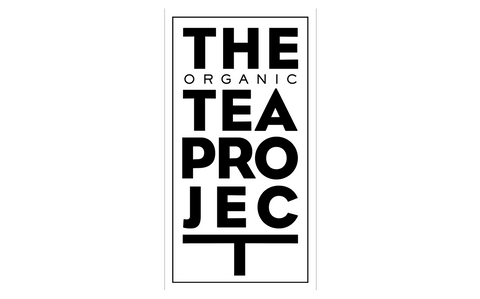At The Organic Tea Project, we believe in complete transparency and quality assurance. Here, you’ll find detailed information about each of our products, including:
Our Commitment to Purity
At The Organic Tea Project, every batch of our tea undergoes rigorous testing to ensure it is completely free from harmful pesticides and chemicals. We take pride in delivering tea that meets the highest safety standards—so you can enjoy a pure cup every time.
From Farm to Packaging
Our commitment to traceability means that every step of our supply chain is monitored. From the certified organic tea plantations to our packing facility, we obtain transfer certificates at each stage. This ensures that our teas are handled with care and meet strict organic standards throughout the process.
Certification and QR Code Access
Every shipment is independently tested and certified by NASAA (certification number 2793P). For complete transparency, you can scan the QR code on your package to view detailed test results hosted by our accredited partner, EUREKA. This direct link lets you verify that our teas are as pure as we claim.
Your Confidence, Our Assurance
With a dedication to quality, sustainability, and safety, The Organic Tea Project offers tea that is pure, responsibly sourced, and rigorously tested. Enjoy your tea with confidence—every sip is backed by our commitment to excellence.
Eco Packaging

Our Tea Bag Material
Our tea bag mesh is made from PLA derived from corn starch, a renewable plant-based material designed for industrial composting.
PLA is designed to be compostable in industrial facilities, where higher temperatures and controlled conditions help it break down into natural elements. While it does not typically degrade in home compost or soil at ambient temperatures, choosing PLA means we avoid petroleum-based plastics like nylon or PET.
We are working with our suppliers to explore certification under Australian composting standards (AS 4736 / AS 5810), so we can give you complete clarity on how to dispose of our tea bags responsibly.
In the meantime, the best way to dispose of your used tea bags is to:
-
Compost the tea leaves in your garden or green bin, and
-
Place the empty bag mesh in general waste (unless your council provides access to industrial composting).
By moving to a plant-based material, we’ve taken a step away from fossil fuels and towards more sustainable tea drinking — and we’re committed to continuing this journey.
Advanced Testing Methods
Our independent laboratory uses state-of-the-art techniques, including GC-MS and LC-MS/MS, to detect even trace amounts of pesticides. These methods are based on internationally recognised standards, ensuring that any residue is well below safe limits. While our testing covers over 500 chemicals—from common agricultural pesticides to substances banned in many countries—only a few of these are typically found in significant amounts. This comprehensive screening provides you with full assurance of quality and safety.





8 Tea Gardens
We’ve worked closely with our tea gardens for over a decade, supporting them in transitioning to certified organic farming practices. Our teas are sourced from five gardens in Darjeeling, One in Nilgiri and Assam, and one in the Dooars region. These estates hold 10 certifications: Fairtrade, Naturland, Rainforest Alliance, Demeter, Biosuisse Organic, USDA Organic, Kosher, Jaivik Bharat, Control Union, and Regenerative Organic Certified.
Watch our Founders story
The teas are hand-picked—not machine harvested—and pest control is managed naturally using predator insects, with no synthetic pesticides used at any stage.







